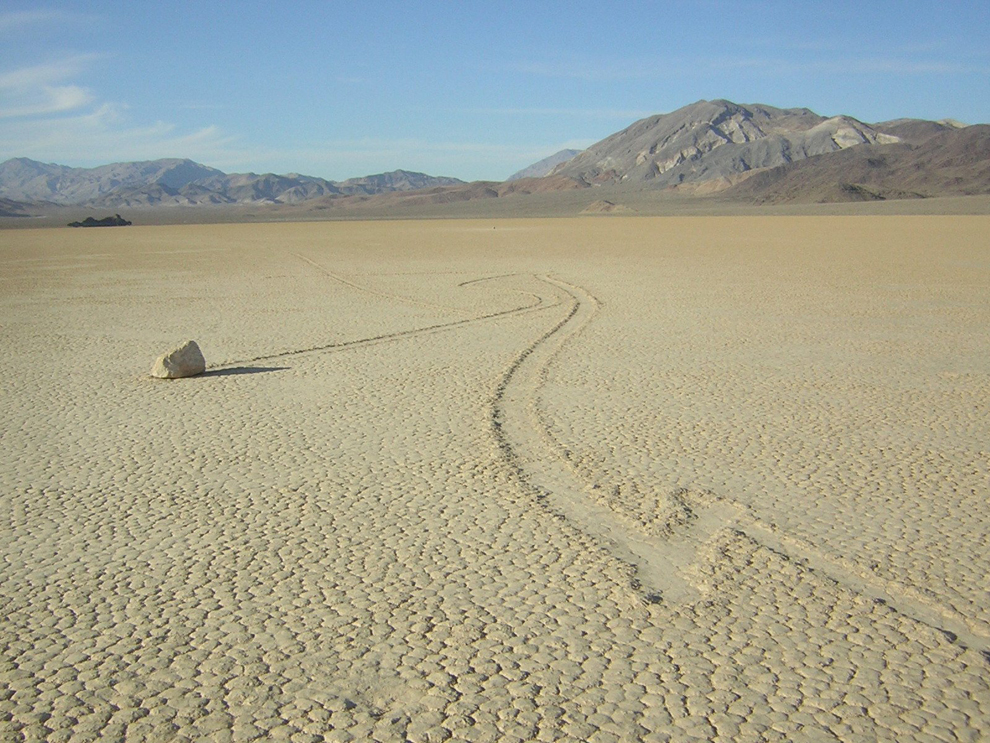The Bahamas does not have any desert areas. Here’s why:
Climate and Landscape Overview of The Bahamas:
- Climate: The Bahamas has a tropical marine climate—warm and humid year-round, with a distinct wet and dry season.
- Rainfall: Annual precipitation averages between 1,000 to 1,500 mm (40 to 60 inches), which is far above the threshold for desert classification.
- Vegetation: The islands are covered with pine forests, coppice (dry forests), mangroves, and coastal vegetation, not desert scrub.
- Soil: The limestone base of the islands retains water poorly, but due to consistent rainfall and humid conditions, it supports diverse plant life.
Why There Are No Deserts:
- A desert is defined by low annual rainfall, typically less than 250 mm (10 inches).
- The Bahamas receives 4 to 6 times more rainfall than desert climates.
- The lush vegetation, forests, and wetlands further confirm it’s not arid or desert-like.
If you’re curious about dry or drought-prone zones in The Bahamas, the closest would be rocky coppices and coastal scrubland, which have more sparse vegetation—but these are not deserts by any climate standard.


